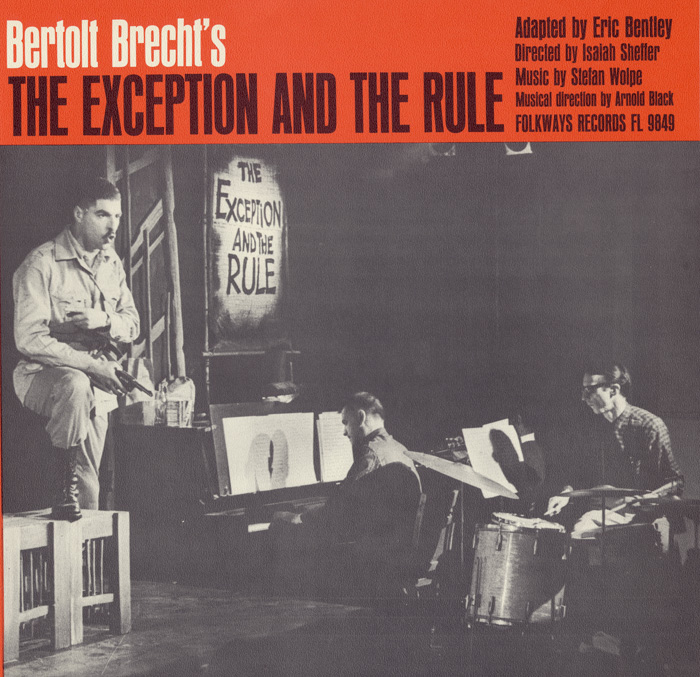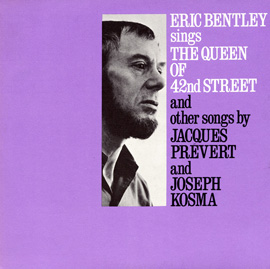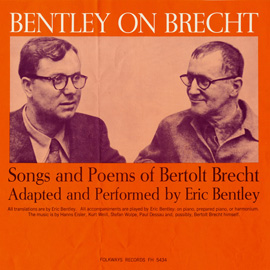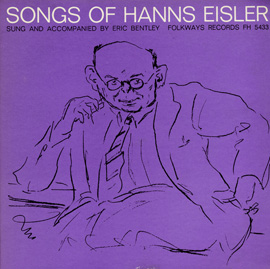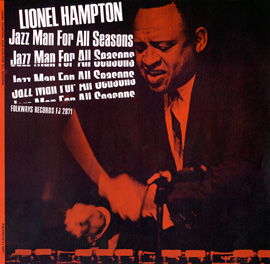Track Listing
|
101
|
Eric Bentley, Paul E. Richards
|
05:34 | |
|
102
|
Eric Bentley, Paul E. Richards
|
07:49 | |
|
103
|
Eric Bentley, Paul E. Richards
|
04:26 | |
|
104
|
Eric Bentley, Paul E. Richards
|
05:40 | |
|
201
|
Eric Bentley, Paul E. Richards
|
05:02 | |
|
202
|
Eric Bentley, Paul E. Richards
|
04:57 | |
|
203
|
Eric Bentley, Paul E. Richards
|
01:33 | |
|
204
|
Eric Bentley, Paul E. Richards
|
16:30 |


